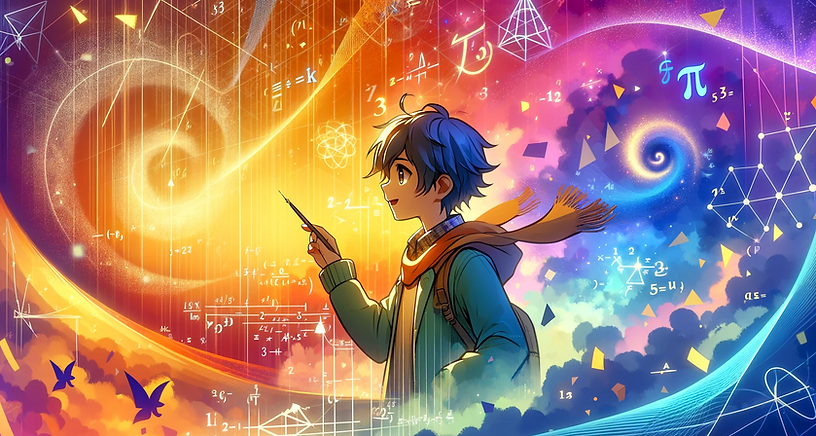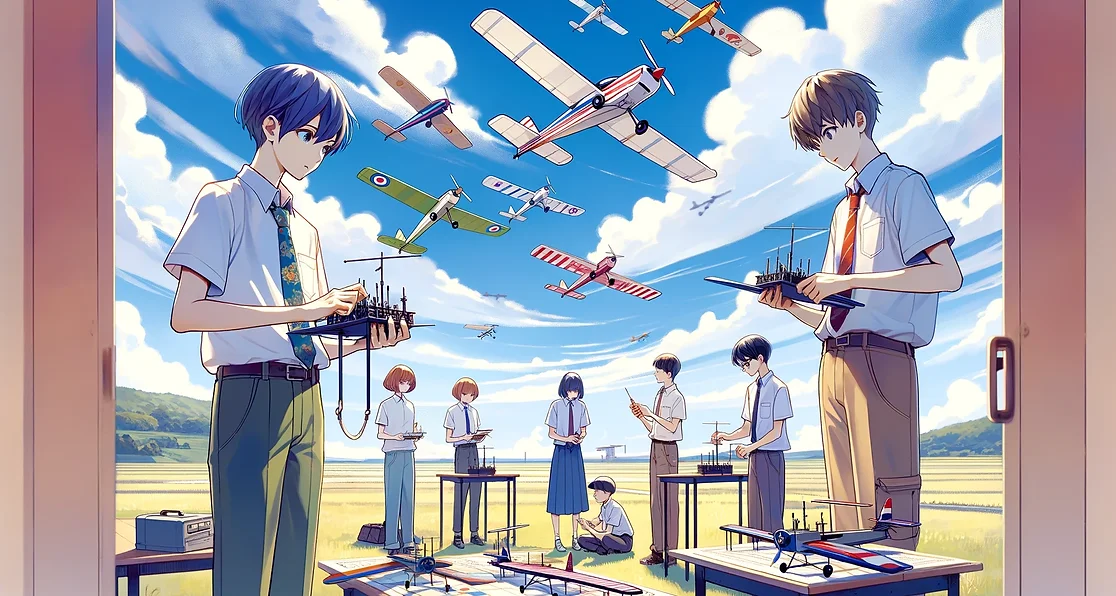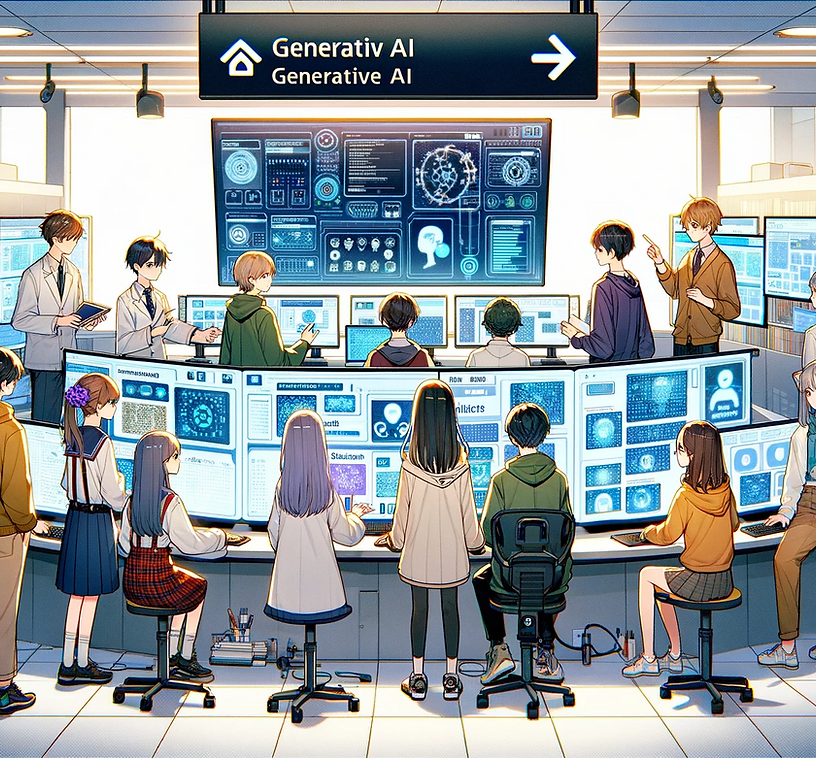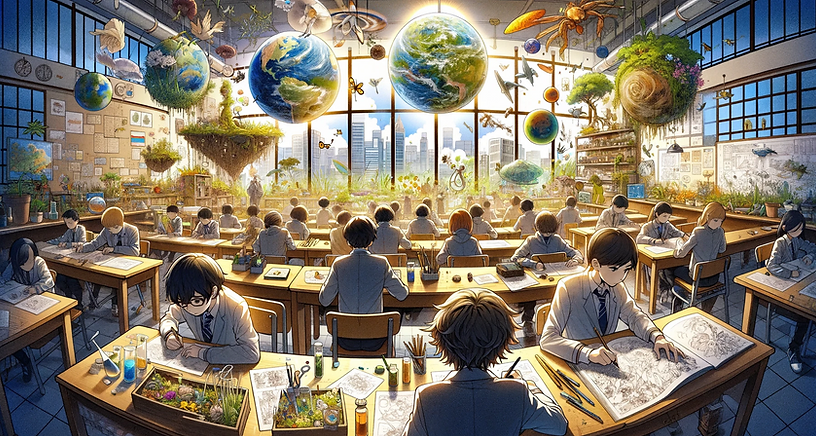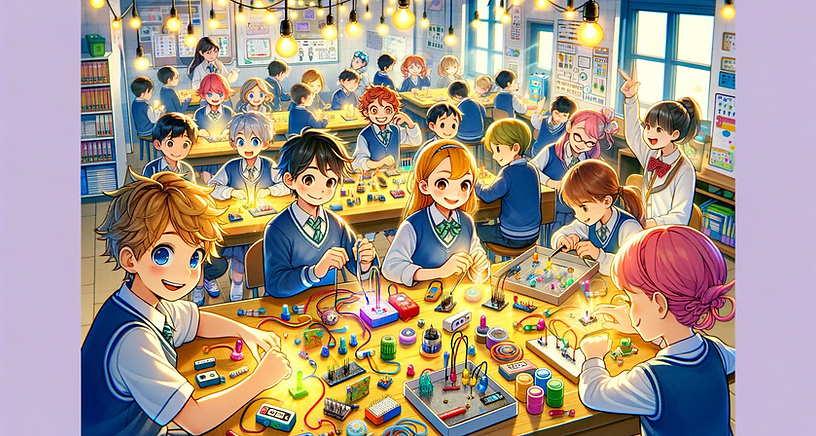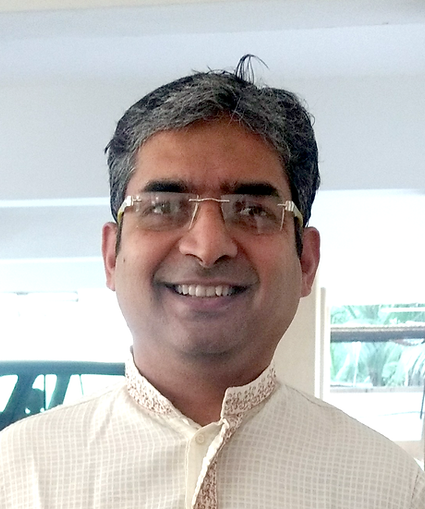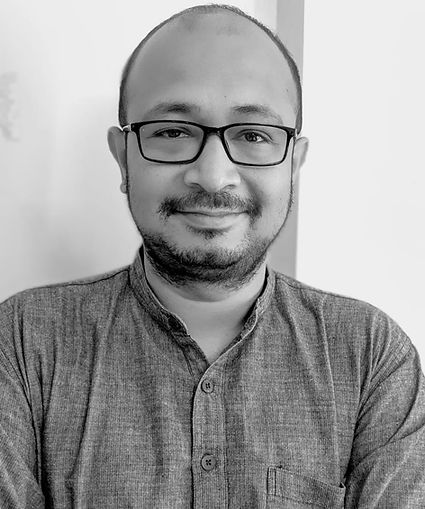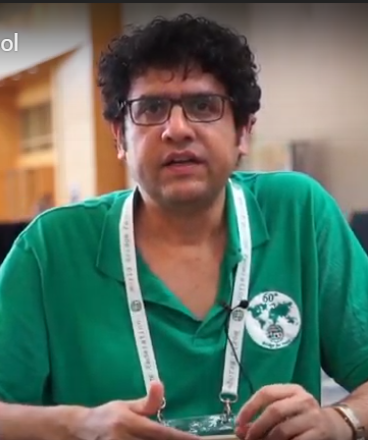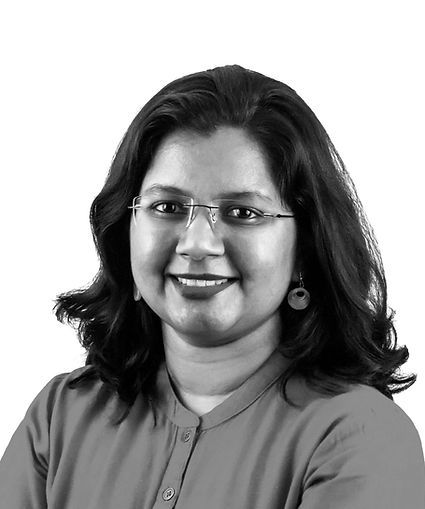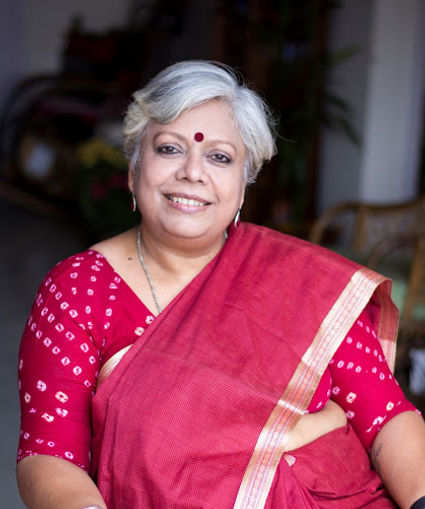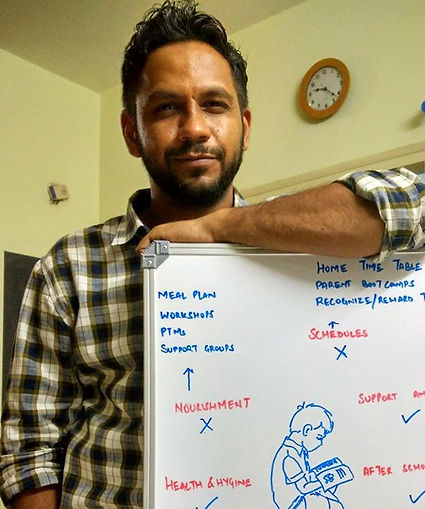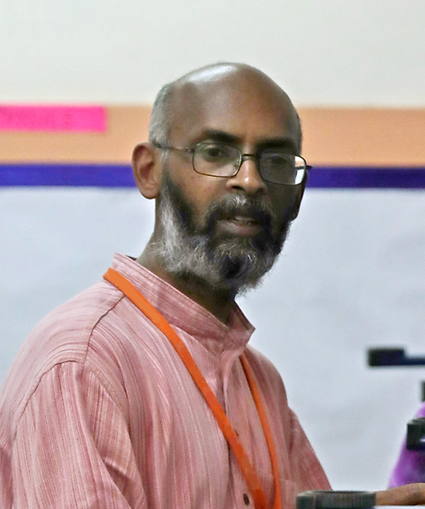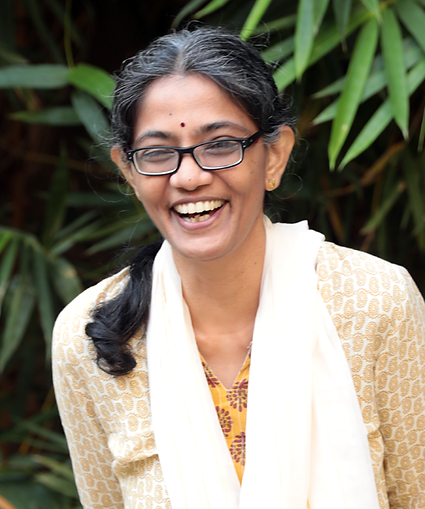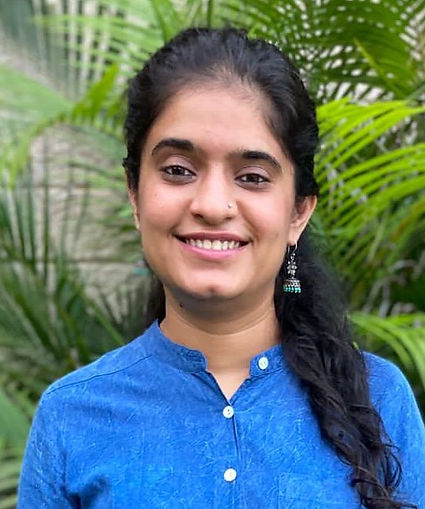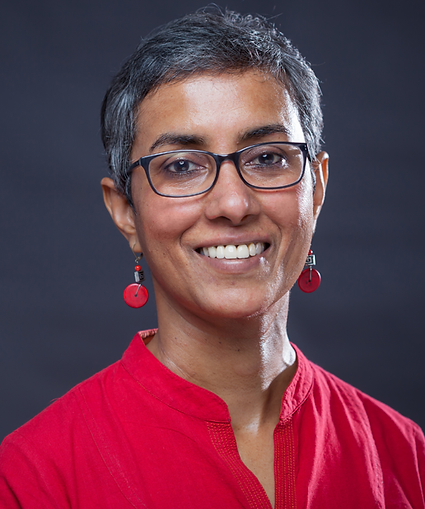In this program, students are introduced to the realm of engineering and innovation, focusing on three segments: 1) the flight of gliders, 2) electronics, and 3) pneumatic robotics.
In segment 1, students will explore the principles of aerodynamics and aviation, learning the art of glider construction. They will delve into the concepts of lift and drag, and hone their gliding techniques, thereby developing an appreciation for the science underlying aviation.
In segment 2, students will be acquainted with the fundamentals of circuits and digital logic. They will demystify the workings of electrical components, circuit design, and the logic gates that underpin our digital world. Engaging in hands-on projects and experiments, students will acquire practical insights into circuit construction, laying a robust foundation for further exploration in electronics.
In segment 3, the course unveils the engineering principles behind robotic movements as students design and construct pneumatic robots. By understanding pressure systems and programming robotic actions, participants will immerse themselves in the dynamic and inventive field of robotics, witnessing their creations come to life.
Throughout the course, students will develop hands-on skills in utilising tools and materials, fostering confidence in their ability to design, test, and refine mechanisms. They will learn to sketch designs, brainstorm collaboratively, work effectively in teams, and embrace both sharing and responsibility.
Participants will engage in three projects during this program. Every student will construct a glider, alongside two additional projects—one in electronics and another in pneumatic robotics. In electronics, projects may include developing an electronic quiz system that identifies the first participant to press a buzzer or a device that measures and displays bicycle speed.
In pneumatic robotics, projects could involve utilising pneumatic circuits and an Arduino microcontroller to create models such as a slithering snake, an elephant's trunk, a gripper, a muscle, or other organic actuators, thereby offering a comprehensive exposure to the field of engineering and its creative potential.


